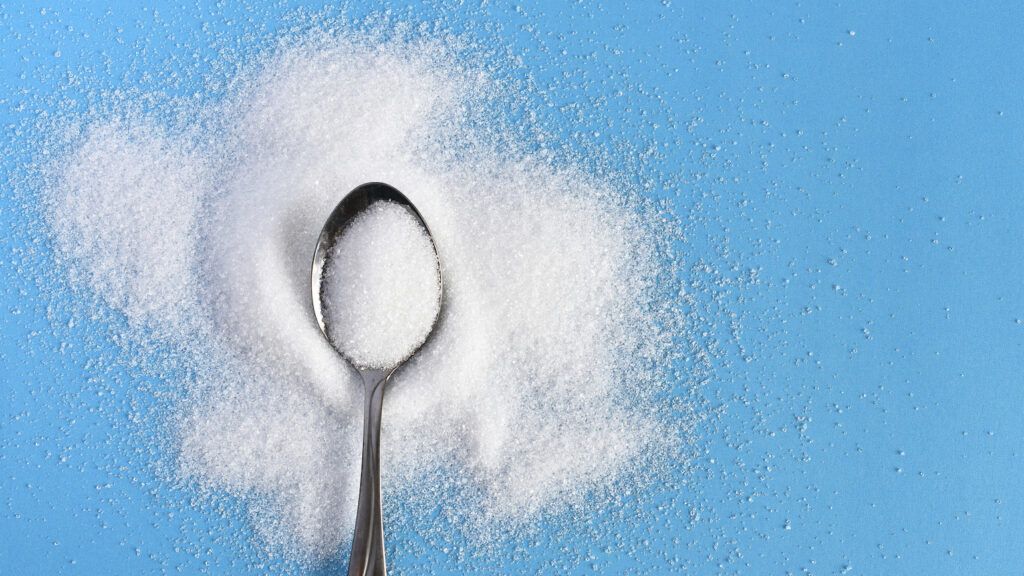Sugar.
It’s one of the most surprising things I’ve come across in my reading about Alzheimer’s and dementia (except for some of your responses, please keep them coming!). There is some data drawing a link between sugar consumption, elevated blood glucose levels and memory impairment.
So, a sweet tooth can cause more than cavities? Cutting back on sugar seemed like an easy step for me to take in addressing memory issues, especially since I eat a fair amount of sugar.
Yet I didn’t realize how much sugar I was consuming. Sometimes you don’t realize how much you do of something until you try to stop.
Take that half-eaten pint of ginger ice cream languishing in my freezer. Nothing like small batch ginger ice cream with a shot glass of warm fudge sauce crowned with a splash of whipped cream. Shouldn’t I polish that off before I committed to this sugar fast? I’m not kidding. That half-pint of ice cream was talking to me.
But so were the homemade chocolate chip cookies from Taft Farm. And the butterscotch hard candies we keep in a covered bowl. And donuts. I love donuts. There’s a sweet little donut shop on Route 7 here in the Berkshires that makes them from scratch every morning and always has a daily Bible quote on their blackboard. Shouldn’t I support such a business? I was addicted to those donuts.
Addicted. Was I in fact a sugar addict?
“Yes,” said Julee when I asked. “I’d say the term applies. You compulsively reach for sweets when you are stressed or just bored. You reward yourself with sugar. You comfort yourself with sweets.”
There is a well-known connection between alcoholism, from which I am in recovery, and sugar. After all, alcohol initially produces a sugar rush, many types of alcoholic drinks are loaded with sugar and alcoholics sometimes develop diabetes because of their abuse of drink.
Which brings me to my father. He was the son of an alcoholic. Not much of a drinker himself, he loved chocolate. Even after his doctor told him he had to cut back on his sugar intake, Dad snuck chocolate. Following his death, we found chocolate secreted all around the house, like a drunk hides liquor, like I would someday conceal my liquor.
Once, when a stash of chocolate Tastykakes vanished, he angrily blamed me, though I knew he had eaten it all himself. It was the only time I had ever known my father to lie, and it was an injustice that wounded me and took me years to forgive. Addiction, whether to chocolate or alcohol, leaves scars.
Coming off sweets this summer had me jonesing far more than I had expected. I prayed every single time the urge for a donut or a pint of ice cream struck (and yes, I usually eat a whole pint in one sitting. That siren song of half a pint was an exception). What motivated me most were the stories you have shared about your relatives and loved ones in memory care, and how the slow, painful loss of those loved ones—the long goodbye—broke your hearts. Anything I can do, even giving up my beloved donuts, to spare my loved ones that pain I will try. Maybe I can even help Gracie break her treat addiction. She must watch her weight as she eases into middle age.
I bet some of you struggle with sweets. I’d love to hear about it, and you can tell me by emailing me here.




